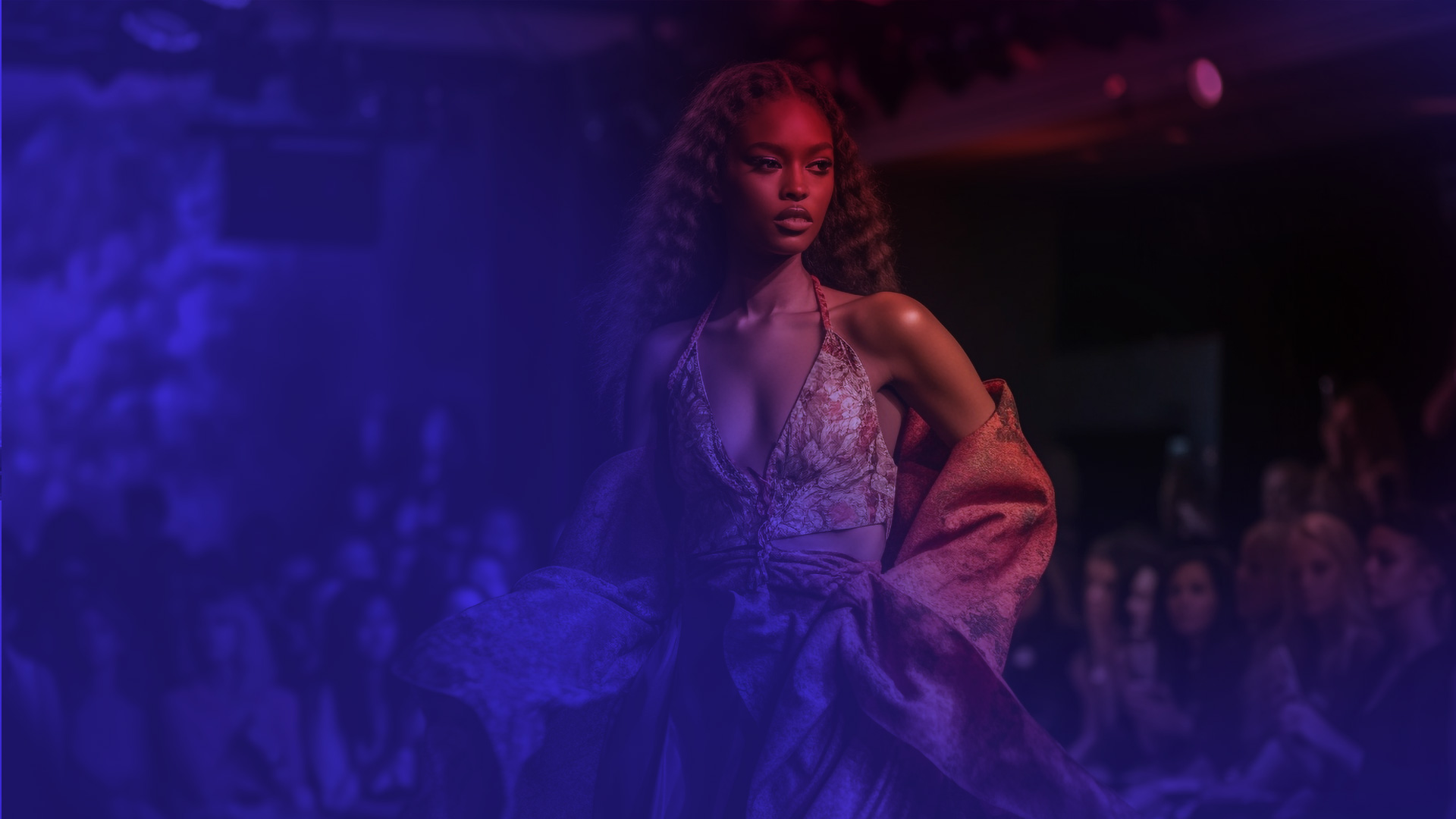The Evolution of Fashion Week Marketing
Fashion Week, an iconic event held in the world's most glamorous cities, stands as a pivotal gathering for designers, models, journalists and retailers. With the ever-evolving landscape of technology, Fashion Week's marketing dynamics have transformed, with social media taking center stage in this revolution. This article delves into the profound impact social media has had on reshaping the narrative and marketing of illustrious events like Fashion Week.
From Exclusivity to Real-time Engagement
Historically, Fashion Week was an invitation-only spectacle, earmarked for the elite of the fashion industry. Outside attendees would anticipate magazine releases for event glimpses and reviews. But the onset of the digital era, coupled with the proliferation of social media, has democratized this experience. Platforms such as Twitter, Instagram and TikTok have unveiled the exclusivity of these events, enabling global fashion aficionados to view runways instantaneously. A case in point is Louis Vuitton's 2019 Paris Fashion Week show, which was broadcast live across various platforms, allowing global fans to experience the collection unveiling in real-time. In a similar vein, during New York Fashion Week 2020, Tommy Hilfiger harnessed TikTok's potential, releasing captivating runway snippets. Such transformations have not merely widened event accessibility; they've metamorphosed the fashion discourse from a monologic showcase to an interactive global dialogue.
Data-Driven Decisions
Social media analytics arm brands with unprecedented insights into audience predilections. From top-rated designs to in-vogue hues, designers are now equipped with invaluable data, which informs both their marketing and design trajectories. An illustrative example is from Milan Fashion Week when Versace identified an uptick in engagements on their posts spotlighting bold baroque motifs. This data-driven insight led them to infuse more of these patterns into their ensuing collections, aligning with their audience's apparent tastes.
How Can Brands Effectively Engage with This Demographic?
Fashion Week has perennially been adorned by celebrities, yet the social media epoch has ushered in an influential archetype: The Influencer. With colossal online followings, influencers accord brands a potent blend of relatability and outreach, often transcending the impact of traditional celebrities. Consider Chiara Ferragni, a fashion influencer par excellence. Her participation in various Fashion Weeks not only magnetizes millions of engagements but also magnifies brands such as Dior and Fendi to her impressive 30-million Instagram followers.
Beyond the Big Four
While Paris, Milan, New York and London remain the quintessential Fashion Week hubs, social media's universal reach has expanded this horizon. Emerging designers from cities like Mumbai, Lagos and Bangkok are earning global acclaim, propelled by the omnipotence of digital platforms. An example is Sabyasachi Mukherjee, a Kolkata-based Indian designer. His prominence during Mumbai's Lakmé Fashion Week, underscored by his trending posts on Instagram, attracted global celebrities and fashion zealots.

Undoubtedly, social media has recast the Fashion Week experience and its marketing modus operandi, transitioning it from an elite enclave to a universally accessible spectacle. As technological and social media landscapes perpetually advance, the symbiotic evolution between Fashion Week and digital marketingsymbiotic evolution between Fashion Week and digital marketing will remain a captivating watch.
